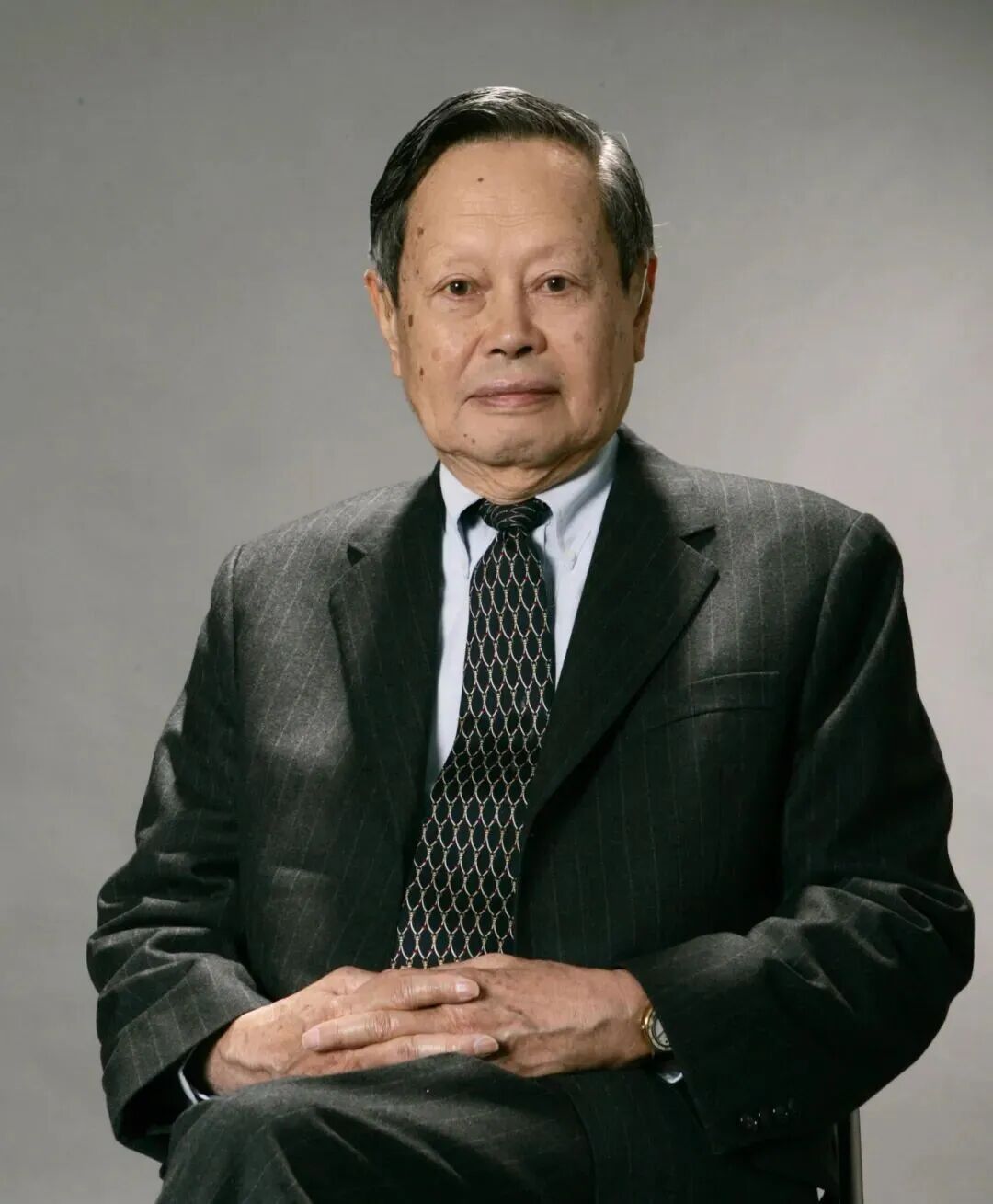Mourning Professor Yang Chen-ning

Professor Yang Chen-ning, the first Chinese Nobel Laureate, Distinguished Professor-at-Large at The Chinese University of Hong Kong (CUHK), passed away on 18 October 2025, at the age of 103.
Professor Yang was widely recognised as a preeminent scientist. In 1957, he won the Nobel Prize in Physics with his co-researcher, Professor T.D. Lee, for their theory of parity non-conservation for the weak interactions, marking the first time that Chinese scholars had received this honour. In 1954, with Robert Mills, Professor Yang also formulated the theory of non-Abelian gauge fields (known as Yang-Mills theory), a groundbreaking work that laid the theoretical foundation for modern particle physics. His research profoundly shaped the development of physics from the mid-20th century onwards, particularly in the fields of particle and statistical physics. From the 1970s, Professor Yang visited China frequently, working tirelessly to advance Chinese physics and promote Sino-US relations. He took up the Honorary Directorship of the Tsinghua University Center for Advanced Study in 1997. In 2003, he settled in China, sharing his time between Beijing and Hong Kong.
Professor Yang’s connection with CUHK began in the 1960s. After giving a public lecture in 1964, he visited and lectured at the University frequently. He was appointed as Honorary Professor, Distinguished Professor-at-Large, co-director of the Institute for Mathematical Sciences and director of the Institute of Theoretical Physics. Professor Yang offered valuable advice on the University’s academic development, especially in the Department of Physics, and was conferred the degree of Doctor of Science,?honoris causa, by CUHK in 1997. In 1999, Professor Yang donated his medals, including the Nobel Prize medal, together with his papers, correspondence, manuscripts and publications, to CUHK.
In addition to his Nobel Prize, Professor Yang’s work won him a richly merited array of honours and awards: the Rumford Premium (1980), the Oppenheimer Memorial Plaque (1981), the US National Medal of Science (1986), the Benjamin Franklin Medal (1993), the Bower Award (1994), the Albert Einstein Medal (1995), the N Bogoliubov Prize (1996), the Lars Onsager Prize (1999), the Academicum Pontificium (2000), the King Faisal International Prize (2001), the You Bring Charm to the World Award – Prize of Success for Life, China (2006) and the Qiu Shi Lifetime Achievement Award (2019).





